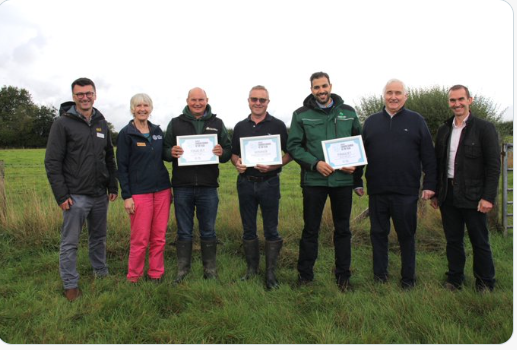
The winner and runners-up of the 2024 Carbon Farmer of the Year competition were announced at the Farm Carbon Toolkit’s Annual Field Day in Herefordshire.
Now in its second year, the annual Carbon Farmer of the Year competition is organised by the Farm Carbon Toolkit and generously sponsored by HSBC Agriculture UK. The competition aims to find farmers and growers who are engaged with–and passionate about–reducing their business’s climate impact through changing management practices to reduce greenhouse gas (GHG) emissions.
2024 Carbon Farmer of the Year Overall winner:
- Andrew Brewer of Ennis Barton, Fraddon, Cornwall (Dairy farmer supplying Arla UK)
2024 Carbon Farmer of the Year Runners-up:
- Jason Mitchell, Gary Logue, and Adam Moore of Greenville Dairies Ltd, Newton Stewart, Northern Ireland (Dairy farmer supplying Lakeland Dairies)
- Tom Burge of Oaremead Farm, Lynton, Devon (Upland beef and sheep farmer)
Competition judges, Steve Dunkley (HSBC UK), David Cope (Head of Sustainability at Duchy of Cornwall), and Liz Bowles (CEO Farm Carbon Toolkit) were very impressed with the commitment and innovation shown by all the finalists in identifying sources of GHG emissions on their farms and developing strategies to both reduce emissions and increase the rate of carbon removal into soils and non-crop biomass.

Liz Bowles, Chief Executive Officer at Farm Carbon Toolkit, says:
Once again, the Carbon Farmer of the Year competition has identified some truly inspirational farmers. All our finalists have made great strides in reducing business reliance on fossil fuels through changes to their farming practices and careful soil management to reduce GHG emissions and sequester carbon.
It was particularly positive to see a dairy farm winning this year’s competition, given that dairy farming is often in the media spotlight for its adverse environmental impact. We are looking forward to showcasing the many effective ways that our finalists are reducing on-farm emissions and increasing carbon storage for others to see at free farm walks over the coming months. Watch this space!
Steve Dunkley, HSBC UK Agriculture, says:
HSBC UK Agriculture is pleased to support the 2024 Carbon Farmer of the Year competition. The quality of entries has been superb and hugely inspiring. As a business, we’re very keen to support the agriculture industry in transitioning towards net zero. While that will take many forms, we have the ambition to help farmers fund investment in the new practices and technologies needed to evolve.
“The Carbon Farmer of the Year competition is a great way of showcasing how farmers are already achieving these changes and encouraging others to follow their lead.
About the Farm Carbon Toolkit and the Carbon Farmer of the Year competition
Farm Carbon Toolkit is an independent, farmer-led Community Interest Company, supporting farmers to measure, understand and act on their greenhouse gas emissions, while improving their business resilience for the future.
For over a decade, Farm Carbon Toolkit has delivered a range of practical projects, tools and services that have inspired real action on the ground. Organisations they work with include the Duchy of Cornwall, First Milk, Tesco, Yeo Valley and WWF. The Farm Carbon Calculator is a leading on-farm carbon audit tool, used by over 7,000 farmers in the UK and beyond. To find out more visit www.farmcarbontoolkit.org.uk
The Carbon Farmer of the Year competition aims to recognise and champion farmers, sector organisations, and businesses who are leading the way in adopting farming practices and developing new technologies that are helping to reduce farm emissions while optimising output.
This competition allows for discussions on greenhouse gas emissions and sinks on farms to be framed in a very practical way to allow for maximum engagement with the issue. Farm Carbon Toolkit facilitates discussion and information sharing between farmers and other actors, which ultimately leads to changes in on-farm practice.
The long-term objective of this competition is to create a network of alumni who are changing their management practices to better manage emission and carbon storage on farmland, and who will inspire others through activity, practical demonstrations, and advocacy for changing management practices.

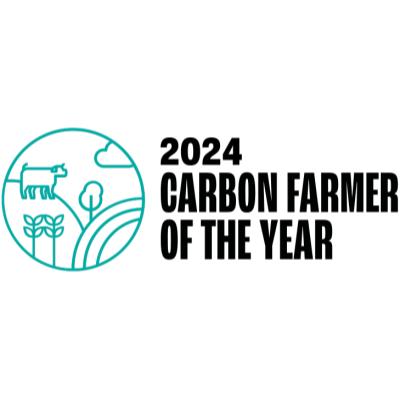

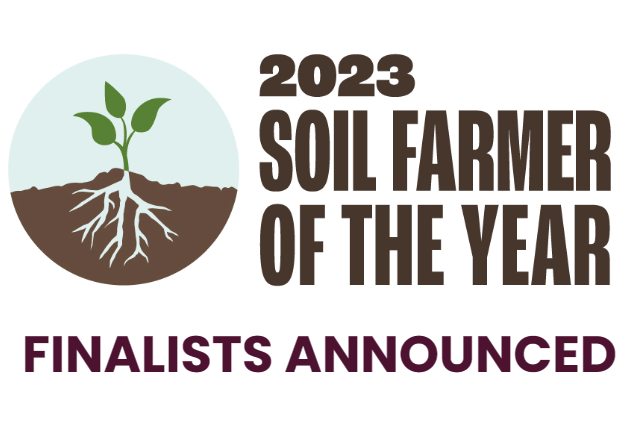
 Richard Antony, R&L Anthony Ltd, Bridgend
Richard Antony, R&L Anthony Ltd, Bridgend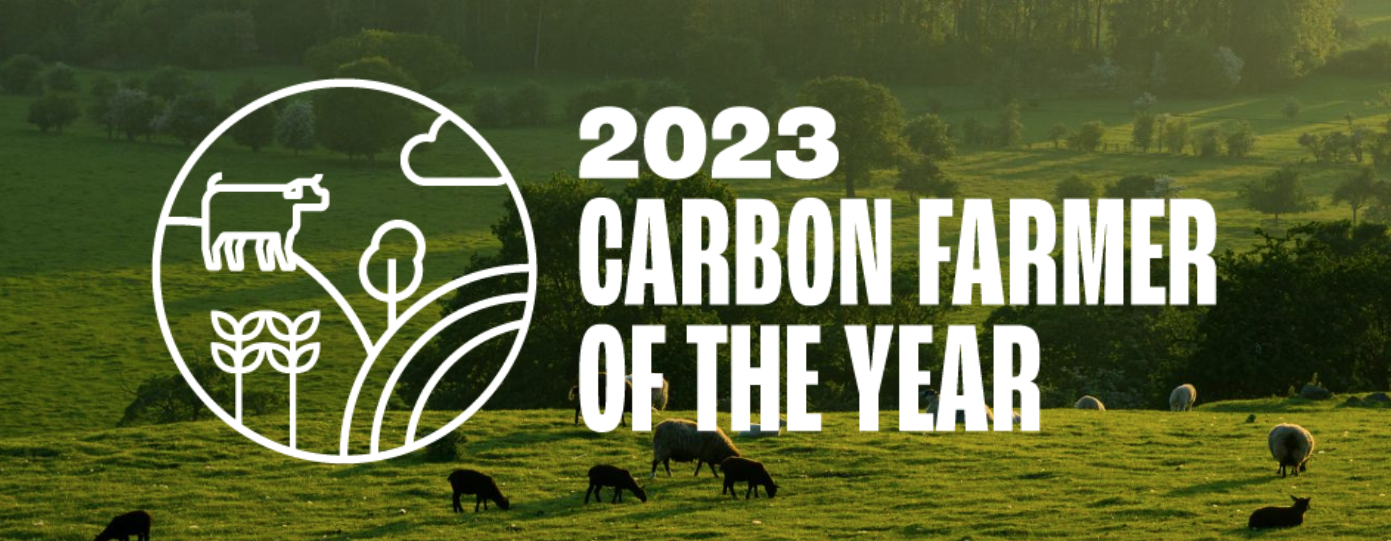
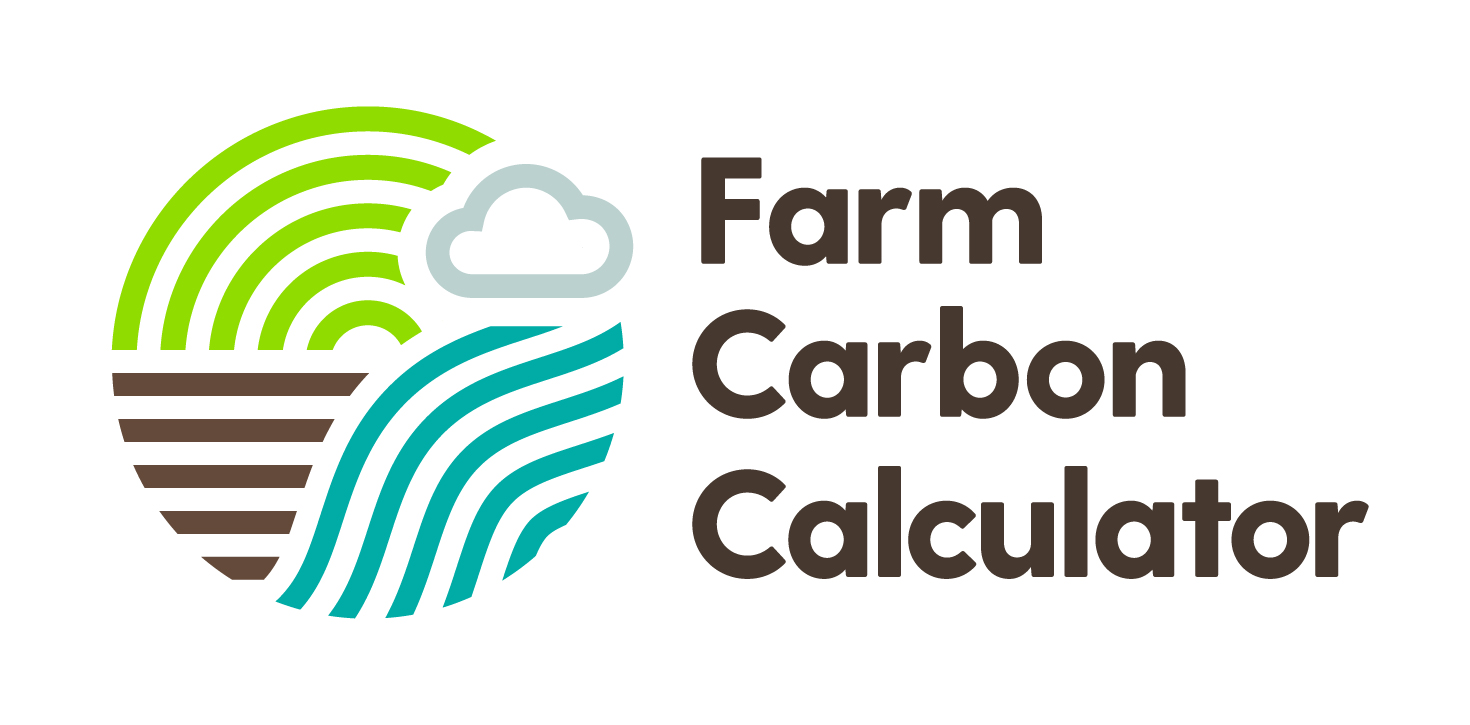
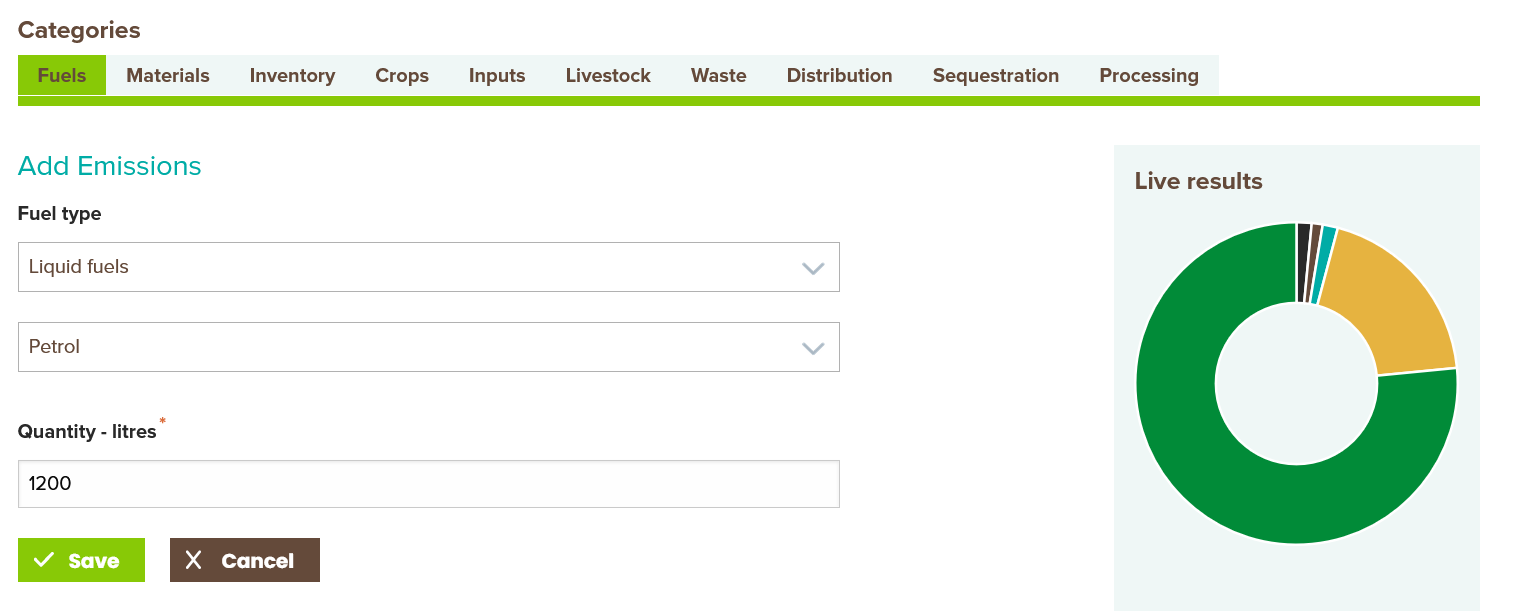



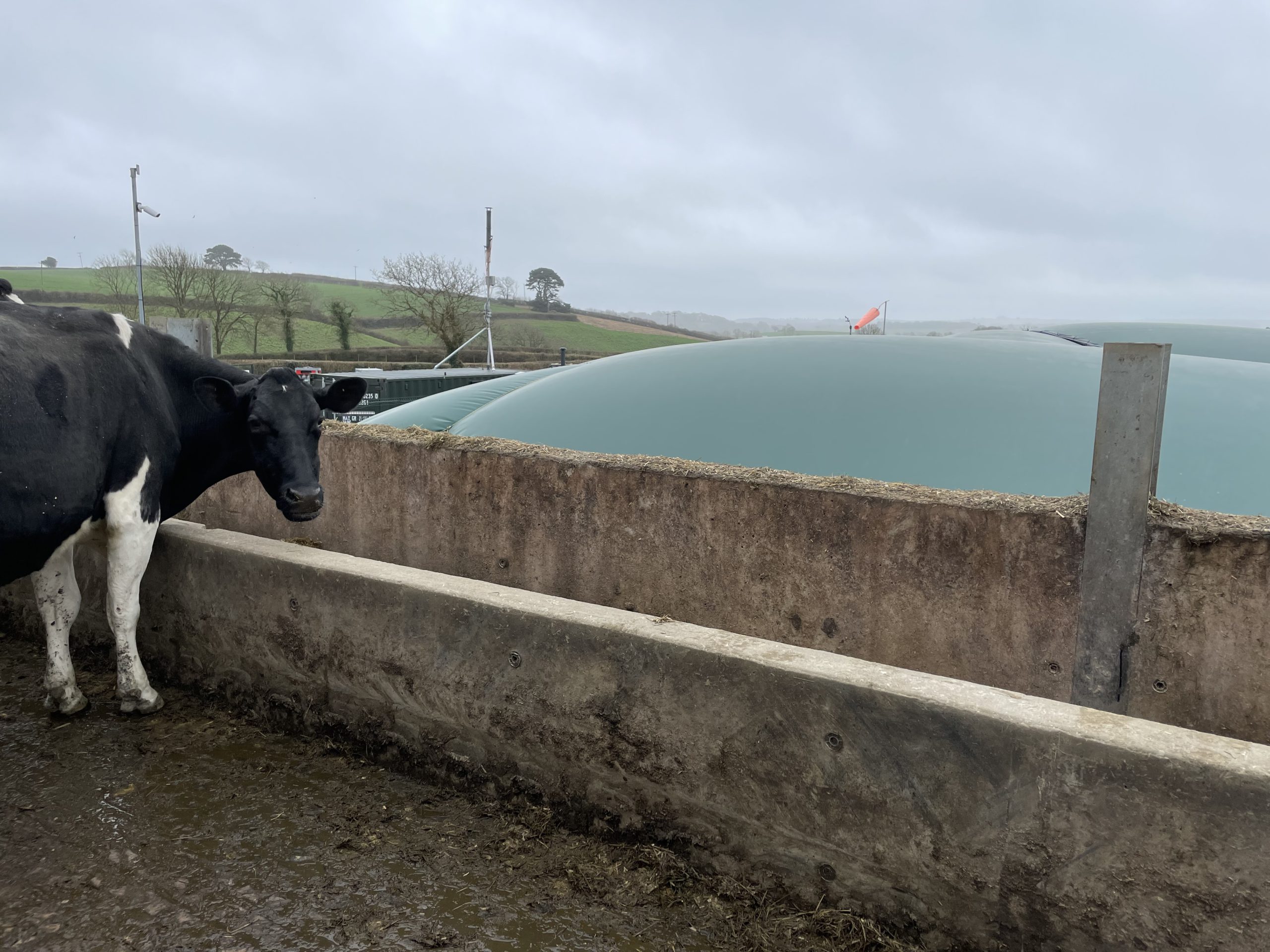


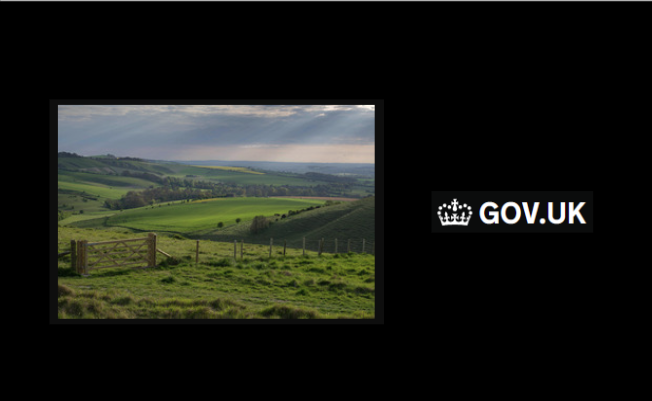
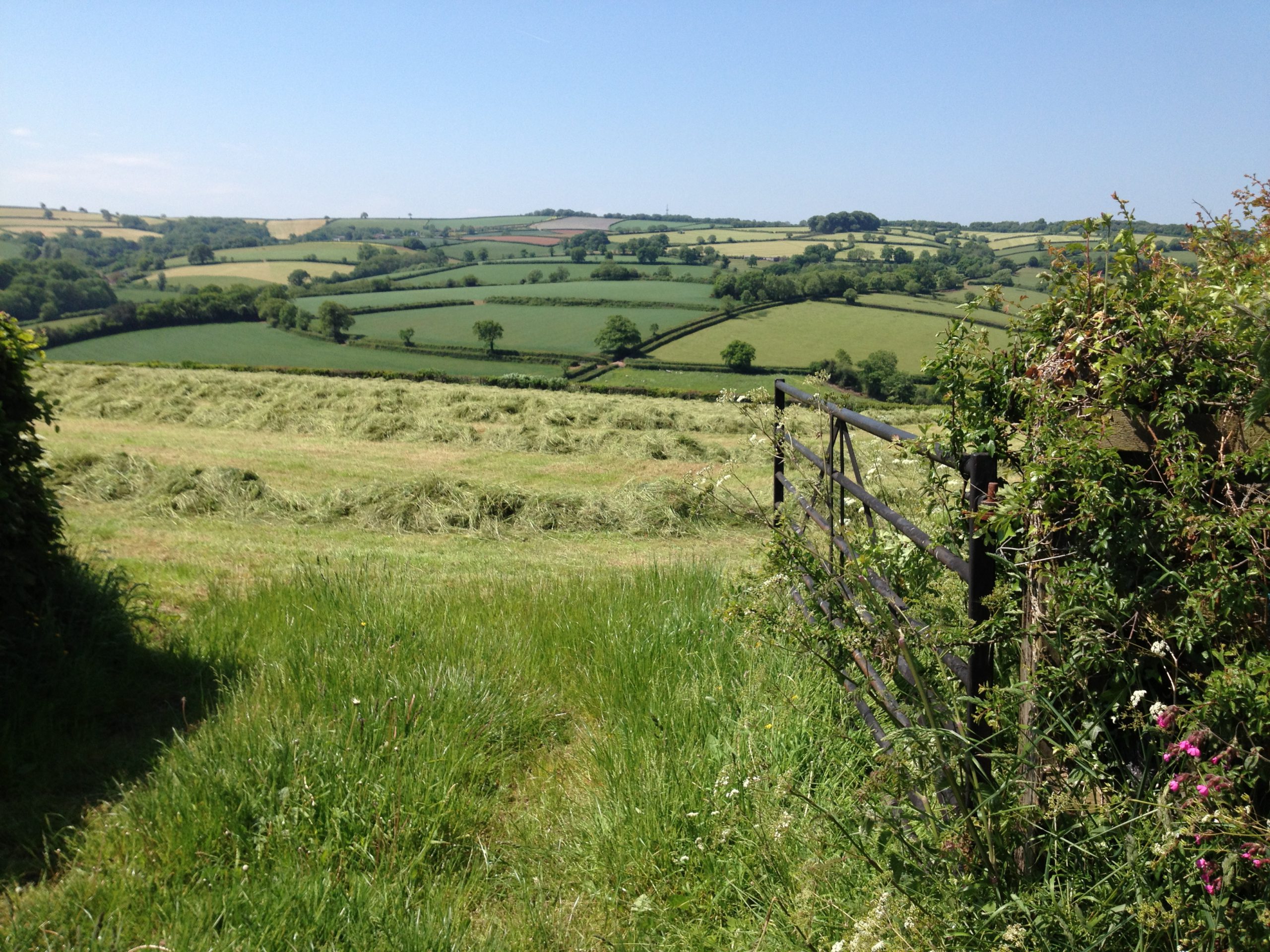
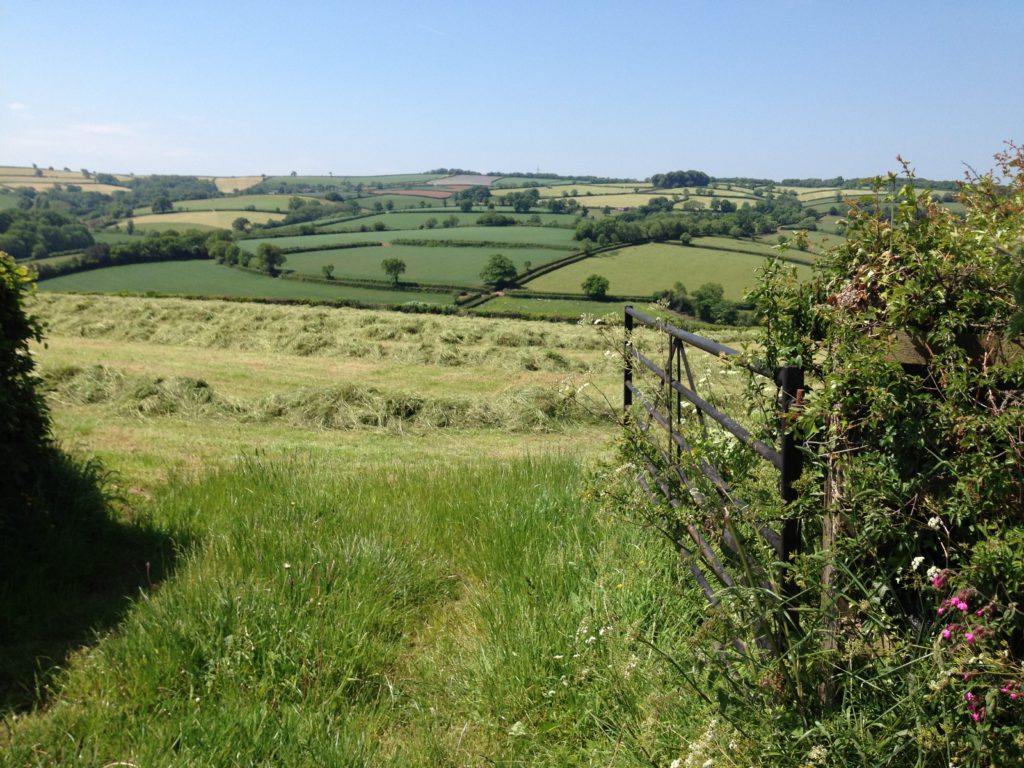
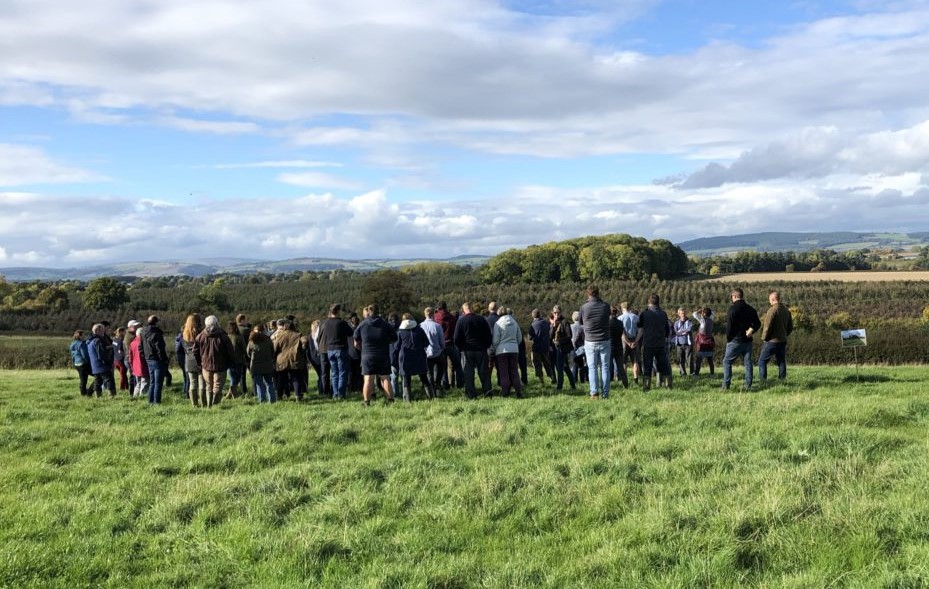
Recent Comments